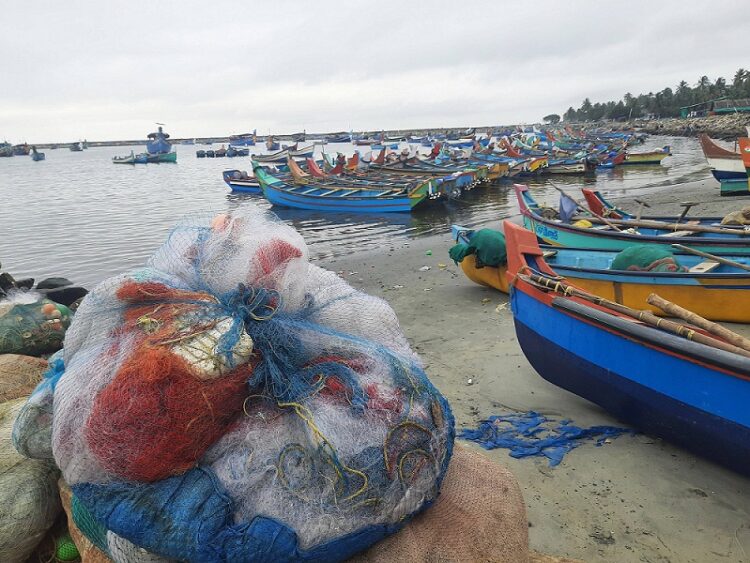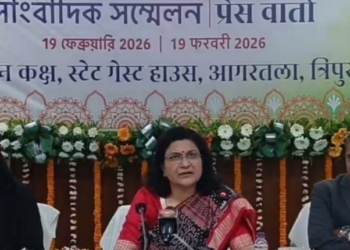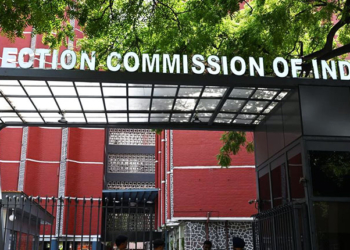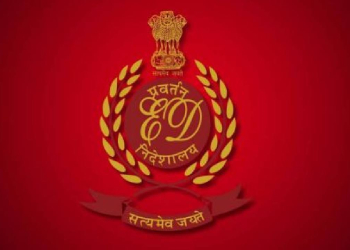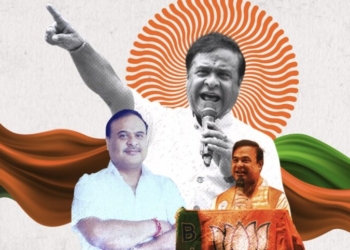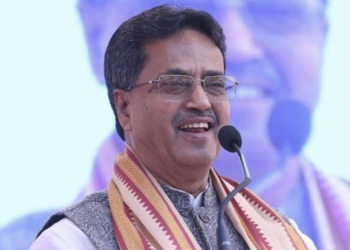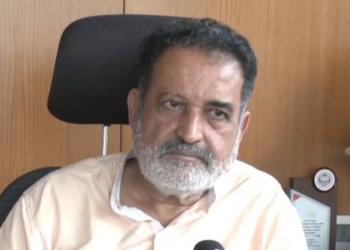Kochi: To address the looming threat of climate change on fisheries, India on Saturday proposed substantial reduction of carbon footprint as a significant step towards climate resilient fisheries.
On Saturday, the first session of the sub-committee on Fisheries Management under the Committee on Fisheries (COFI) of the Food and Agriculture Organisation of the United Nations (FAO) was organised in Kochi.
India was represented at the global body by ICAR-Central Marine Fisheries Research Institute (CMFRI), while the delegation was led by J Balaji, former Joint Secretary, Department of Fisheries, Ministry of Fisheries, Animal Husbandry & Dairying.
The meeting — held virtually from FAO — was attended by members of the FAO Committee on Fisheries (COFI) plus one member organisation, representatives from three specialised agencies of the United Nations, observers from other FAO member nations and observers from intergovernmental and international non-governmental organisations.
“CO2 emission per kg of fish caught in India’s marine fisheries is 17.7 per cent less than the global average according to a recent study. It maintained that in terms of climate change India falls in the medium to high category considering the overall impact by 2050,” J Jayasankar, Head of Fishery Resources Assessment, Economics and Extension Division of CMFRI said.
He said that a big step towards climate resilient fisheries is harnessing the carbon sequestration potential of seaweeds to mitigate climate change impacts.
“Enhancing natural habitats for improving seaweed resources and expanding seaweed culture systems and enhancing mangrove ecosystems may help lay the path for better carbon sequestration,” he said.
He said that India suggests that FAO may plan to schedule capacity building exercises in mitigating emissions of greenhouse gases in capture fisheries and aquaculture, spatial planning, cross-sectoral planning, adaptive fisheries management, strengthening resilience, safety at sea, rehabilitate ecosystems and stronger farming structures.
“India also requests member countries to share the best, scalable, and reproducible solutions and suggests that FAO may chronicle them for the common benefit of the comity of nations,” he said.
(IANS)




